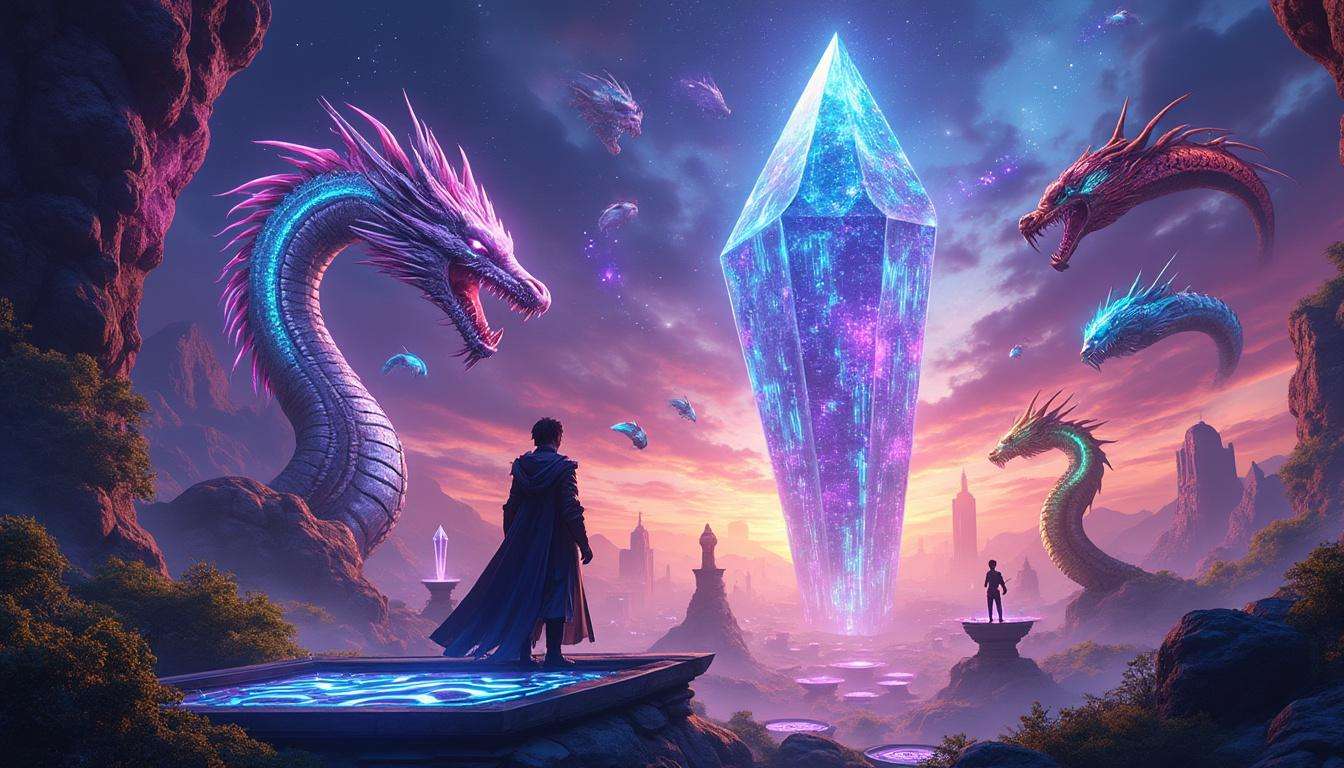The release of Riot Games’ AI-driven cinematic for League of Legends has sparked conversations about innovation and creative direction within the gaming industry. Using artificial intelligence to craft a cinematic for such an iconic franchise raises essential questions about balancing cutting-edge technology with storytelling traditions. This exploration dives into how Riot Games integrates AI technology while maintaining the immersive experiences that players and fans expect.
Riot Games Pioneering AI in League of Legends Cinematics
Riot Games is recognized for pushing boundaries in esports and game presentation, having collaborated with industry leaders like Weta Digital and Industrial Light & Magic for high-quality animations. The AI-driven cinematic represents a leap in production technique, leveraging tools powered by the Unreal Engine and innovations in Unity Technologies to expedite creation while exploring new visual territories.
Key aspects of Riot’s AI cinematic approach include:
- Utilization of AI-generated character animations to enhance efficiency
- Streamlined production processes to meet tight content delivery schedules
- Integration of AI to supplement, not replace, expert artistry from seasoned studios
- Experimentation with AI to unlock storytelling possibilities beyond traditional CGI
This creative direction, although ambitious, encounters challenges, as observed in community reactions and comparisons to traditional works like the acclaimed League of Legends: Wild Rift AI video controversy.
Community Reception and Creative Integrity
League of Legends fans have a long-standing appreciation for Riot’s cinematic legacy, particularly after the global acclaim of their series on Netflix. The transition into AI-assisted videos has met scrutiny, reflecting the community’s strong attachment to handcrafted quality. Some players prefer the rich narratives and visual finesse produced by traditional studios like Blizzard Entertainment and Epic Games rather than AI experimentation.
Riot’s leadership acknowledges this feedback and continues dialogue to refine their approach. Insights from Riot developers emphasize:
- Maintaining balance between innovation and fan expectations
- Utilizing AI as a tool to accelerate creativity while safeguarding artistic authenticity
- Incorporating player culture understanding, as previously discussed in player culture studies
The Role of AI Technology in Shaping Future League of Legends Content
The cinematic is part of Riot Games’ broader strategy to harness AI for faster content delivery and evolving gameplay experiences. By aligning with technology trends, Riot positions League of Legends alongside other major players like Valve and Epic Games, who extensively use AI and advanced engines to enrich game dynamics.
Future plans unveiled by Riot, including the upcoming League of Legends card battler Riftbound, illustrate their multi-faceted use of AI across projects.
- AI to optimize animation workflows alongside top-tier studios
- Development of adaptive in-game AI for smarter gameplay
- Exploring AI-generated voice and sound design technologies
- Cross-platform content creation that blends cinematic quality with interactive elements
Industry Collaborations Enhancing AI Impact
Riot collaborates with renowned visual effects companies such as Weta Digital to integrate AI enhancements without compromising cinematic quality. This synergy with industry giants enhances Riot’s capacity to innovate while honoring the high standards set by competitors like Blizzard Entertainment.
These partnerships reflect a trend seen in gaming and entertainment where traditional studios and AI tools coexist to push creative boundaries. Notably, Riot’s approach resonates with cinematic evolutions on platforms like Netflix, bridging gaming visuals with immersive storytelling.
Challenges and Opportunities with AI in Esports Media
Implementing AI-driven cinematic content also incurs challenges beyond reception. Ensuring the technology complements the ethos of esports and gaming culture is critical, especially when professional players and content creators share their insights. For instance, controversies around account integrity and player respect continue shaping Riot’s emphasis on trust and community, as referenced in recent developer stands.
Important considerations for integrating AI include:
- Preserving the human element in competitive and cinematic storytelling
- Balancing automation with creative control from experienced teams
- Addressing ethical concerns around AI-generated content
- Leveraging AI to support but never supplant player and fan interaction
As Riot Games continues to innovate, their developments serve as case studies for the wider influence of AI on esports media, paving the way for new standards in content creation.

